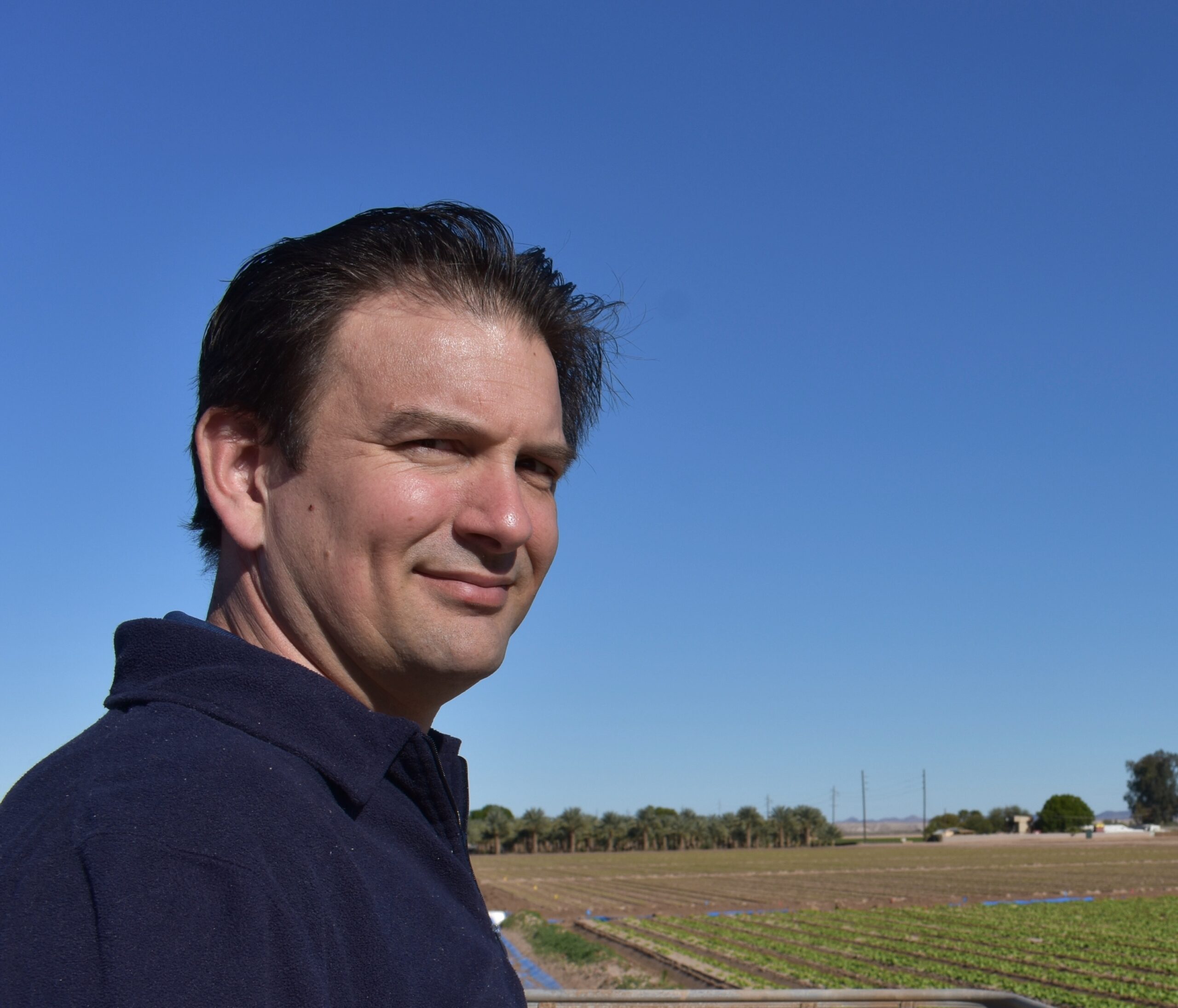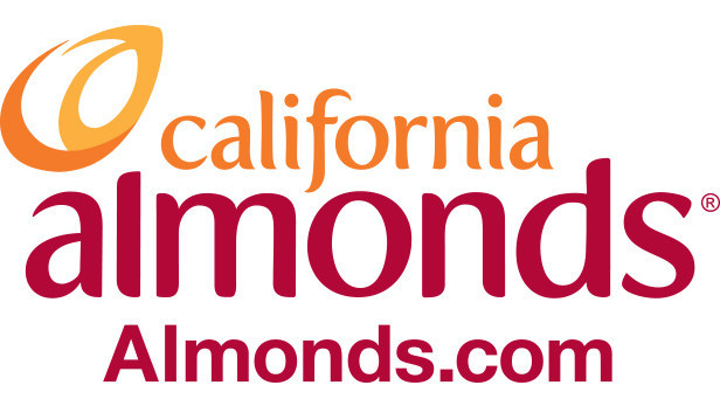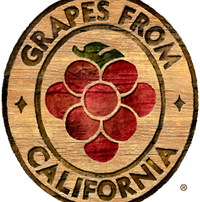California Sampling Data Provides More Evidence of Safety of All Produce
Recently, the California Department of Pesticide Regulation (CDPR) issued the results of their annual residue sampling program on fruits and vegetables providing more evidence of the safety of conventionally grown produce. Like their federal counterparts at the Food and Drug Administration (FDA) and the U.S. Department of Agriculture (USDA), CDPR found over 97% of the products sampled had residues well below Environmental Protection Agency (EPA) safety standards with 40% having no detectable residues at all.
The CDPR program consisted of 3,544 samples of unwashed, unpeeled fruits and vegetables so residue levels would be further reduced or eliminated by washing produce under running tap water, according to the FDA.
“Our residue testing program demonstrates the safety of our fruits and vegetables in California,” said CDPR Director Karen Morrison.
Of the 1,059 produce samples labeled as “grown in California,” fewer than 1% had pesticide residues above EPA safety levels. Since California produces the majority of fruits and vegetables in the country, these results are also good news for consumers nationwide.
Interestingly, these state and federal government reports never seem to garner much public attention despite their reassuring information for consumers about the more affordable and accessible fruits and vegetables.
Instead, more and more often, consumers are subjected to misinformation and false narratives about produce safety in an effort to influence the purchase of more expensive produce options. Peer reviewed research has shown that this type of fear-based messaging results in low income consumers stating they are less likely to purchase any produce – organic or conventional.
Decades of toxicology studies, nutrition research and government sampling data, like CDPR’s program, underscore the safety and healthiness of both organic and conventional produce. Consumers should be encouraged to purchase the fruits and vegetables they enjoy and are affordable and accessible to them.
In these challenging times of rising costs, no parent should be discouraged from buying affordable produce options for their family.
Visit safefruitsandveggies.com and @safeproduce to learn more about the safety of fruits and vegetables.














